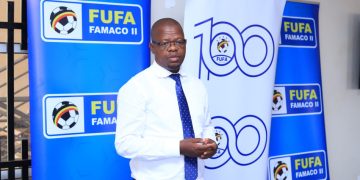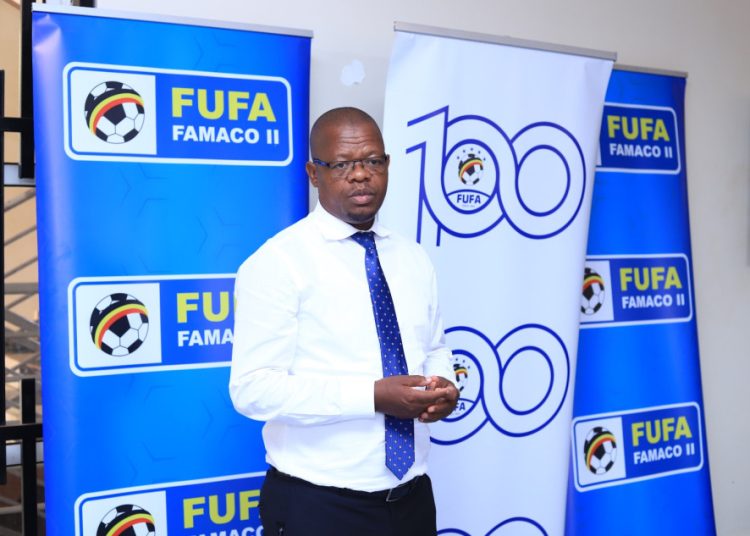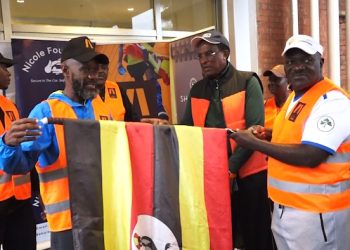The Federation of Uganda Football Associations (FUFA) has once again chosen the path of deflection instead of accountability.
In a hastily issued statement warning of “approaches to players, coaches and referees to predetermine results” and “organising violent actions by fans,” the federation has not only missed the point but also insulted the intelligence of Ugandan football supporters and stakeholders.
The statement reeks of desperation, a diversionary tactic designed to draw attention away from the elephant in the room: the ongoing fan boycott and widespread rejection of the controversial new Uganda Premier League format and reforms.
For weeks now, the federation has watched as the terraces have emptied, as fans have refused to participate in what they see as a deeply flawed and imposed restructuring of their beloved league.
Yet, rather than confront these legitimate concerns head-on, FUFA has chosen to weaponize fear and accusation.
Let’s be clear, no one condones match-fixing, bribery, or violence. But invoking such allegations now, at a time when fans, club owners, and other stakeholders are openly voicing discontent over governance issues, reeks of calculated blackmail.
It is an attempt to delegitimize genuine protest and paint critics as lawbreakers, when in truth, the crisis stems from FUFA’s own disregard for consultation, transparency, and respect for the game’s ecosystem.
If FUFA’s leadership truly cared about the integrity of football, they would have addressed the very concerns raised by the fans, concerns over how the new league format was decided, why it was introduced with minimal stakeholder input, and how it benefits the sport’s growth.
Instead, what Ugandans have witnessed is an increasingly autocratic approach to decision-making, one that prioritizes control over collaboration.
The empty stands across the country tell the full story. The double-header at Namboole, which should have been a showcase of Ugandan football – with heavyweights KCCA, SC Villa, Kitara, and Vipers in action, turned into an embarrassment.
Vipers refused to turn up, Mandela National Stadium was a ghost ground, and the fans stayed home in solidarity with the protest. Even SC Villa’s home fixture against Entebbe UPPC FC at Kadiba Stadium, which ended in a 1–1 draw, was played in front of near silence.
Rather than recognize this boycott as a legitimate expression of discontent, FUFA has chosen to cast shadows of criminality over those who dare to dissent. That is not leadership; it is intimidation. It reflects a federation more concerned with silencing voices than with solving problems.
Football belongs to the people, not to a handful of administrators hiding behind threats and press releases.
If FUFA continues to govern through fear, suspicion, and arrogance, the Uganda Premier League risks losing not just its fans, but its soul. The federation must stop shifting blame and start engaging honestly.
The fans have spoken, loudly, through their absence, and no amount of blackmail will drown that message out.





























